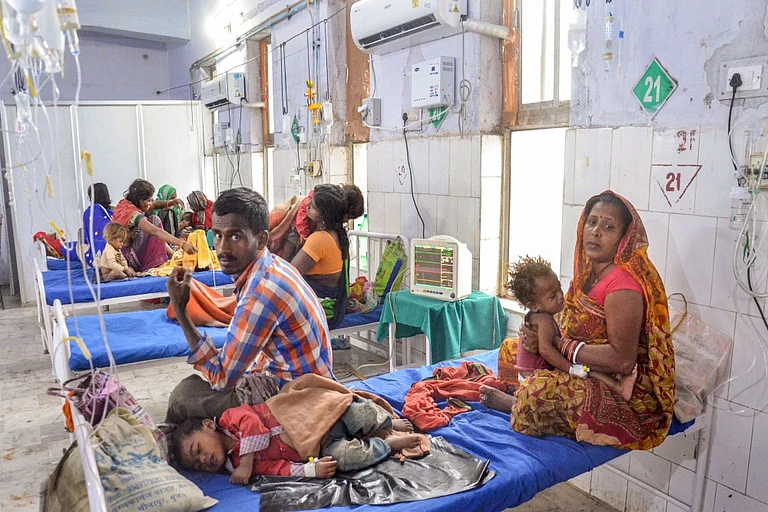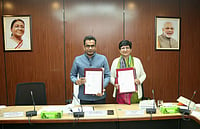Amit Agrawal, Secretary, Department of Pharmaceuticals, Ministry of Chemicals & Fertilizers has exhorted corporates to factor in rare disease patients under their CSR initiatives and patient assistance programmes, considering the heavy financial and emotional burden on affected families.
During the inaugural session of the Rare Diseases Conference 2025 at FICCI Auditorium recently, Agrawal said although rare diseases may appear infrequent individually, collectively they affect nearly one in every twenty individuals—around 5% of the population—making them a major public health concern.
He emphasized that the rare disease challenge should be seen through a human lens and as a question of inclusion, not merely a medical or technical problem. The Conference themed “Making Rare Care Possible: Availability, Accessibility, Awareness,” was organised with an aim to bring focus to an issue of growing significance that has historically not received adequate attention, as was also pointed out by the Secretary.
Citing the Prime Minister Narendra Modi’s inclusive vision of Divyangjan, Agrawal called for a response from government, industry, academia and civil society to address the multifaceted burden faced by patients and caregivers.
Referring to the Prime Minister’s Independence Day address, he recalled: “We are known as the pharmacy of the world but isn’t it the need of the hour to invest in research and development? Shouldn’t we be the ones providing the best and most affordable medicines for the welfare of humanity?”
Highlighting significant policy measures, the Secretary informed that Rare Diseases were included as a focus area under the Production Linked Incentive (PLI) Scheme for Pharmaceuticals. As a result, eight drugs for rare conditions have been supported, including Eliglustat for Gaucher’s Disease, where the cost of treatment has come down from Rs 1.8–3.6 crore annually to Rs 3–6 lakh. Other supported treatments include Trientine for Wilson’s Disease, Nitisinone for Tyrosinemia Type 1 and Cannabidiol for Lennox–Gastaut Syndrome, among others. He noted that such tangible reductions in treatment costs demonstrate the transformative potential of targeted policy interventions.
The Secretary also urged all stakeholders to evaluate their policies, regulations, funding models and programme designs through the lens of inclusivity. He suggested exploring special pathways or regulatory exemptions to address the unique needs of the rare disease community.
Agrawal also urged the stakeholders to learn from global best practices to strengthen India’s policy framework for rare diseases. Speaking at the event, Niti Aayog member (health) Dr. VK Paul said four new drugs for rare diseases are in the pipeline expected to be launched soon while five medications for seven illnesses have already been introduced in the market alleviating suffering of patients.
He noted that generic medications launched by the local companies have led to immense savings for the people suffering from rare diseases. Currently, 63 rare diseases are included under National Policy for Rare Diseases on recommendation of Central Technical Committee for Rare Diseases (CTCRD).
“India must focus on national-scale health outcomes, with affordable access at the core. We are leveraging Jan Aushadhi, bridging cost gaps, and enabling Make in India innovation to transform rare disease care,” said Dr. Paul



























